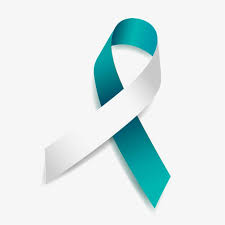
 KKCR FM
KKCR FM

 KKCR FM
KKCR FM
31 August 2025, 11:15 am

By James Muhumuza
The survivors and project leaders have jointly called for increased awareness and continued community participation in cervical cancer screening and treatment to save more lives.
Cervical cancer survivors in the Greater Kibaale region have praised the Uganda Rural Development and Training (URDT) Cervical Cancer Project for saving their lives through early screening and treatment.
The appreciation was expressed during a three-day media impact coverage held this week in Kibaale (Wednesday), Kagadi (Thursday) and Kakumiro (Friday).
The team visited the homes of women who had been screened and treated under the project before the disease progressed.
The women testified that they were healed following early detection, having first learned about the services through radio talk shows organised by the project team.
They also urged other women to embrace screening and disregard traditions and misinformation surrounding the process if they are to protect their lives.
In an interview with KKCR FM, the project coordinator, Shamim Namagembe, revealed that the initiative, which resumed in 2024 after a two-year hiatus, will run until 2026.
She stated that the project partners with several health facilities across the three districts, including Kagadi General Hospital, Nyamarunda Health Centre III, and Kakumiro Health Centre IV, among others, as well as conducting village outreaches with Village Health Teams.
Namagembe explained that the programme targets women aged between 25 and 49 years, noting that since its resumption, 12,666 women have been screened against a target of 15,000.
Of these, 945 were treated for the Human Papillomavirus (HPV), the leading cause of cervical cancer, while 39 women already affected by the disease were referred to hospitals in Hoima, Mubende, and the Uganda Cancer Institute in Kampala.
She further emphasised the importance of preventive measures.
She urged men to avoid unprotected sex with multiple partners, as well as unsafe practices such as inserting objects or herbs into women’s private parts and neglecting personal hygiene, all of which contribute to the spread of HPV.